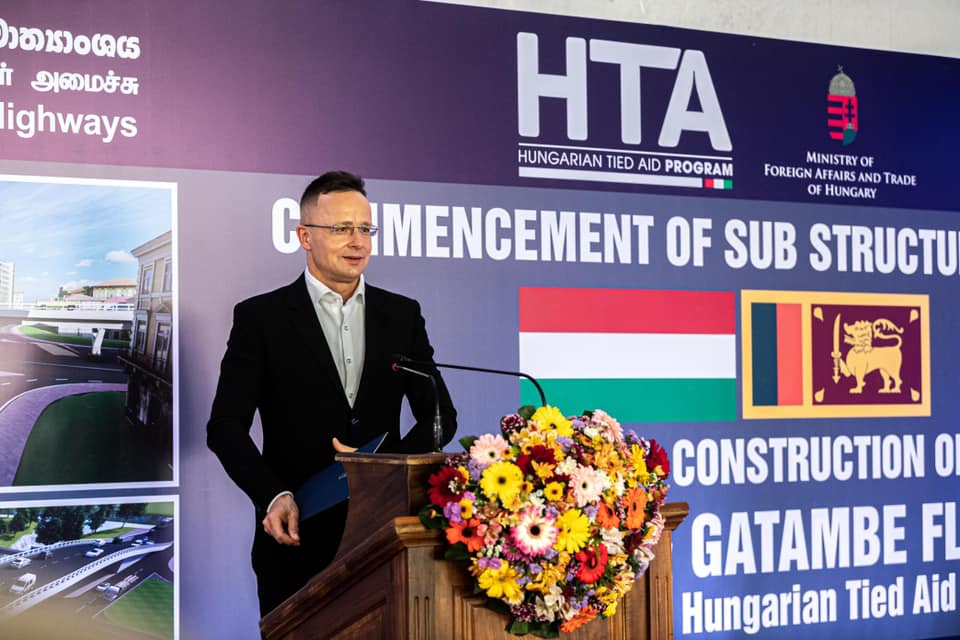
Marking a major diplomatic visit to Sri Lanka, Hungary’s Foreign Minister Péter Szijjártó announced the country’s largest road construction project whilst turning a blind eye to Sri Lanka’s deteriorating human rights record.
His visit marks the first of four diplomatic visits this month with UK’s South Asian Minister Lord Tariq Ahmad set to arrive on 18 January, Speaker of the National Assembly of Korea, Park Byeong-seug, is expected to visit on 19, and Turkey’s Foreign Minister, Mevlut Cavusoglu, expected to arrive in Sri Lanka at the end of the month.
In November. the British Foreign Office slammed the continued deterioration of human rights in Sri Lanka noting that
"Security forces increased their surveillance and intimidation of human rights activists and their use of the Prevention of Terrorism Act, with a number of arbitrary arrests".
They further criticised the naked attempts by the Sri Lankan government to "obstruct accountability in a number of emblematic human rights cases".
On Facebook celebrated the road construction describing it as a “success story” and noting the total investment of 20 billion Hungarian Forint (equivalent to roughly £47.2 million).
